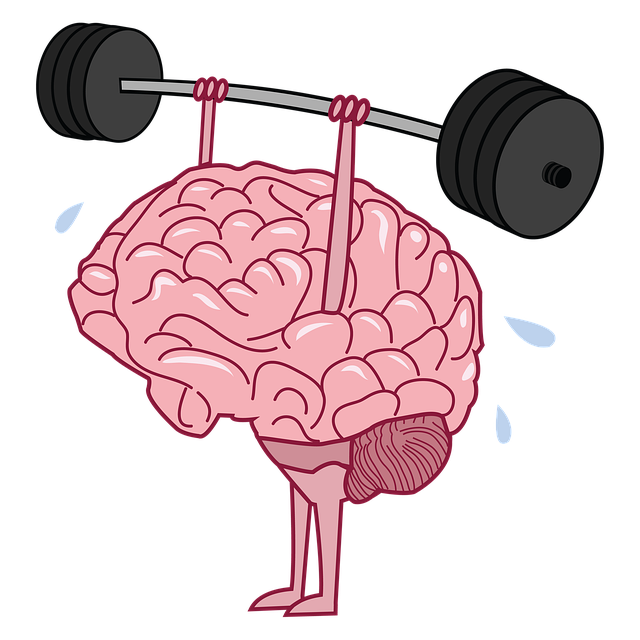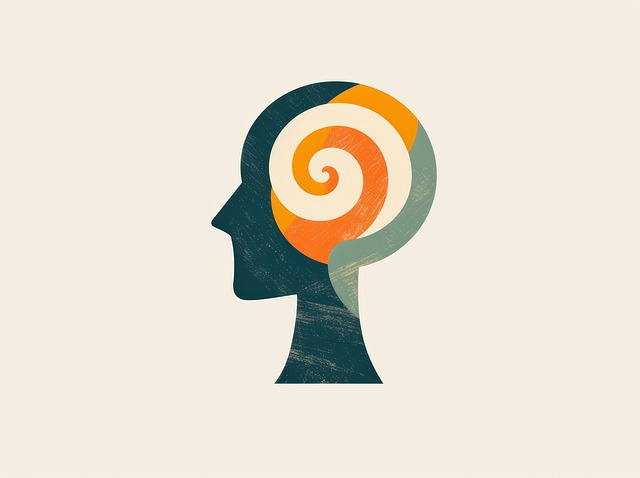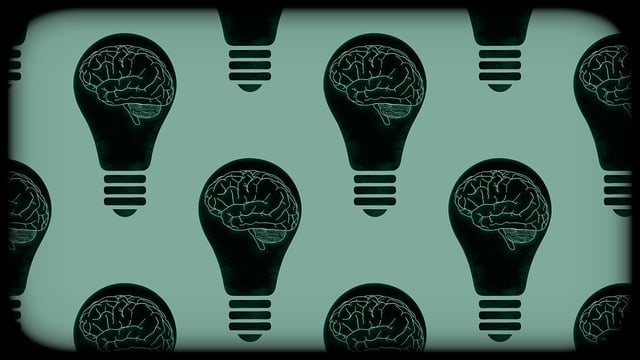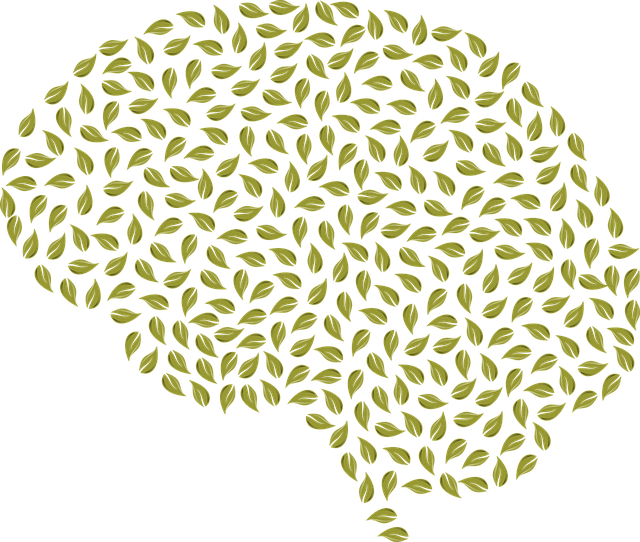In Wheat Ridge, understanding mood regulation strategies is vital for emotional balance, especially for those with ADD/ADHD. Specialized evaluations and therapy help identify root causes of mood disparities and implement tailored solutions, including coping skills for stress, anxiety, and depression. Mental wellness coaching programs support personal growth and overall mental health. Services like journaling, trauma support, and mental health awareness tools enhance these efforts.
In today’s fast-paced world, effective mood regulation strategies are essential for maintaining mental well-being. This article explores various techniques to navigate and manage moods effectively, focusing on personalized approaches tailored to individual needs. We delve into the significance of understanding mood regulation, highlighting Wheat Ridge ADD-ADHD Evaluations and Therapy as a pioneering method. By combining professional assessments with therapeutic interventions, this holistic strategy empowers individuals to take control of their emotional health. Discover practical tools for daily mood management that can revolutionize your life.
- Understanding Mood Regulation Strategies
- Wheat Ridge ADD-ADHD Evaluations and Therapy: A Personalized Approach
- Effective Tools for Daily Mood Management
Understanding Mood Regulation Strategies

Understanding Mood Regulation Strategies is a pivotal step towards achieving and maintaining emotional balance, especially for individuals navigating conditions like ADD/ADHD. These strategies are designed to help manage and stabilize moods, providing tools to cope with life’s challenges more effectively. Through professional guidance, such as Wheat Ridge ADD-ADHD evaluations and therapy, one can uncover the root causes of mood disparities and implement tailored solutions.
The process often involves developing coping skills that empower individuals to navigate stress, anxiety, or depression. This includes techniques for self-esteem improvement, which are crucial for building resilience against negative emotional patterns. Moreover, Mental Wellness Coaching Programs can play a significant role in fostering personal growth, enhancing coping skills development, and promoting overall mental wellness.
Wheat Ridge ADD-ADHD Evaluations and Therapy: A Personalized Approach

In Wheat Ridge, individuals seeking help for Attention Deficit Disorder (ADD) or Attention Deficit Hyperactivity Disorder (ADHD) can find specialized support through comprehensive evaluations and personalized therapy options. These services are tailored to address the unique challenges faced by each individual, offering a holistic approach to mood regulation. The process begins with a thorough assessment, where professionals evaluate symptoms, behaviors, and underlying causes, ensuring an accurate diagnosis. This is crucial for effective treatment planning.
Through Wheat Ridge ADD-ADHD Evaluations and Therapy, patients gain access to a range of evidence-based practices aimed at improving focus, managing impulsivity, and enhancing overall well-being. The therapy sessions focus on various aspects, including anxiety relief strategies, positive thinking techniques, and self-esteem improvement exercises, enabling individuals to develop coping mechanisms that extend beyond the treatment environment.
Effective Tools for Daily Mood Management

In today’s fast-paced world, effective mood regulation strategies are essential tools for maintaining mental health and wellness. For individuals navigating Wheat Ridge ADD-ADHD evaluations and therapy, integrating specific practices into daily routines can be transformative. One powerful method is mental wellness journaling, which allows for self-reflection and emotional processing. By jotting down thoughts, feelings, and experiences, individuals can gain insights into their mood patterns and identify triggers, fostering better awareness and self-care.
Additionally, trauma support services play a crucial role in mood management, especially for those dealing with past traumas. These services provide specialized guidance and exercises tailored to address trauma’s impact on emotional well-being. Incorporating activities like deep breathing techniques or mindfulness meditation can help reduce anxiety and stabilize moods. Mental health awareness is key; recognizing the importance of emotional regulation encourages individuals to seek appropriate support, whether through therapy, community resources, or engaging in therapeutic hobbies that promote relaxation and positive mental states.
Mood regulation is a skill that can be learned and improved with the right strategies. For those in Wheat Ridge seeking personalized support, professional evaluations and therapy for ADD-ADHD can provide valuable insights and tools for daily mood management. By understanding individual triggers and implementing effective techniques, individuals can navigate their emotional states more effectively, leading to enhanced well-being and quality of life.









